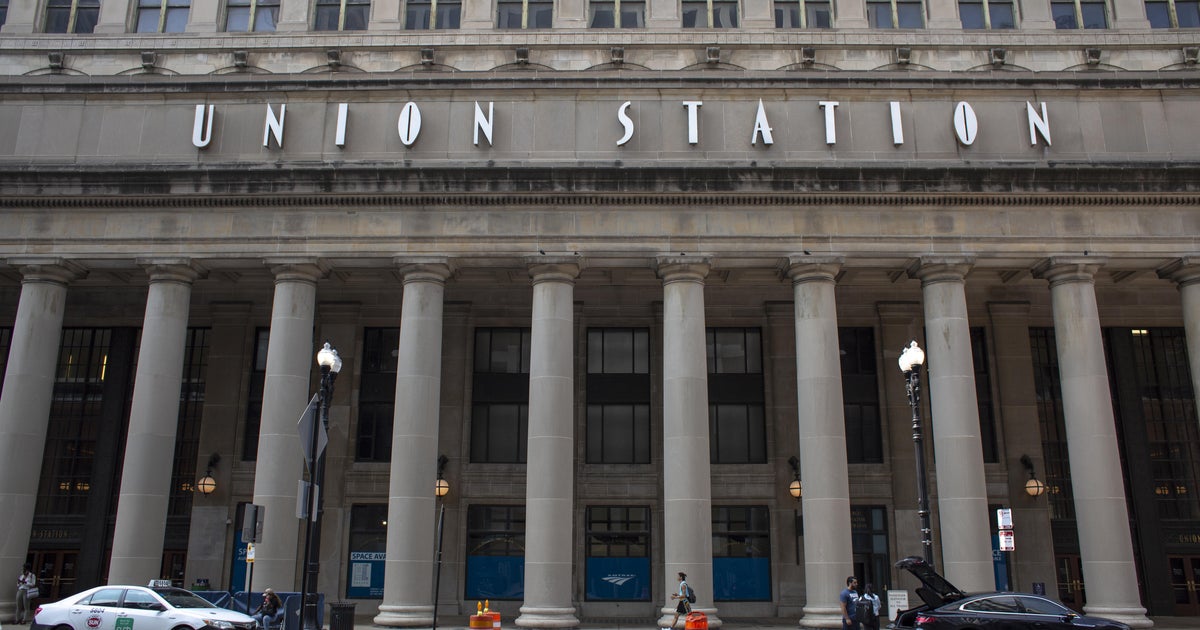City Council Panel OKs Revised Speed Camera Plan
Updated 04/11/12 - 8:11 p.m.
CHICAGO (CBS) -- For the second time in as many days, Mayor Rahm Emanuel has softened his stance on a controversial issue.
A day after scaling back his plan for a longer school day, the mayor has agreed to lower the amount of fines for drivers who are caught by speed cameras after they go up this summer. He's also agreed to a lower ceiling for the number of cameras the city can install, and won the approval of a City Council committee despite informing aldermen of the changes just moments before debate began on Wednesday.
CBS 2 Chief Correspondent Jay Levine has details on the switch and how aldermen found out about it.
The City Council Committee on Pedestrian and Traffic Safety signed off on the revised speed camera ordinance Wednesday afternoon, sending the proposal to the full City Council for final consideration.
LISTEN: WBBM Newsradio Political Craig Dellimore reports
Podcast
Aldermen did not receive the official changes from the mayor's office until seconds before debate on the speed camera plan was set to begin.
The shift from the Emanuel administration was clearly a battle for the hearts and minds of aldermen, some of whom were more than a bit skeptical.
And it didn't start well for the administration.
The revised speed camera ordinance wasn't delivered until nearly half an hour after the hearing was set to begin.
"As a licensed clinical social worker, our rule of thumb is you don't act on information that's just quickly dropped into your lap," Ald. James Cappleman (46th) said after aldermen received the changes to the speed camera plan.
The ordinance would use red light cameras and vans equipped with cameras to catch speeders during certain hours outside schools and parks, but some aldermen complained the plan might seem more likely to be a way for the city to make money, than to keep children safe.
As WBBM Political Editor Craig Dellimore reports, to help pass the ordinance, the mayor's office has agreed to trim a few elements.
For example, Chicago Department of Transportation Commissioner Gabe Klein said the administration has reduced fines for less severe speeding violations.
"Drivers traveling 6 to 10 miles per hour over the posted speed limit will now face a reduced $35 fine," instead of the original $50 fine proposed by the mayor's office, according to Klein. Drivers going more than 10 miles per hour over the limit would face a $100 fine.
Fines would be doubled if they are not paid on time and five unpaid fines would result in the loss of the owner's driver's license. Unpaid fines could also result in a car being booted.
The mayor's office also has agreed to cut the maximum number of speed camera locations from 360 to 300. Klein said he doubted the city would ever reach that threshold, however.
Individual aldermen would be consulted before any cameras are installed in their wards, but would not be given veto power on camera installations.
The administration envisions a handful of cameras by this fall, perhaps 50 by next year.
Ald. Dick Mell (33rd) said "some of our neighborhoods, you know, really, really desperately need something to slow people down. If the only way to get their attention is in their pocket, then so be it."
But Emanuel and Klein continued to stress the mayor's stance that revenue wasn't the issue in the push for speed cameras, but was only about protecting children.
"In a perfect world, there won't be any money, and I know people think this is gonna be a huge windfall, but I have no evidence to suggest that," Klein said.
Ald. Roderick Sawyer (6th) said he still thinks the push for speed cameras is about making money for the city.
"Yes I do; absolutely do. I think if we're talking about safety, let's talk about safety, without the revenue first," Sawyer said. "Then we can go with the revenue, if the safety initiatives don't work."
It's the second time the mayor is scaling back his speed camera plan. Last month, a revised speed camera plan was introduced that would hand out warnings to first-time offenders, rather than tickets. Also, no drivers caught speeding by the cameras would be ticketed during the first 30 days of enforcement. Instead, only warnings would be handed out for the first month.
Sawyer said he will vote against the speed camera ordinance. Others might oppose it as well, when the debate ends.
Aldermen are clearly getting an earful from their constituents. While the City Council probably won't block the speed cameras, aldermen won't embrace them either.



